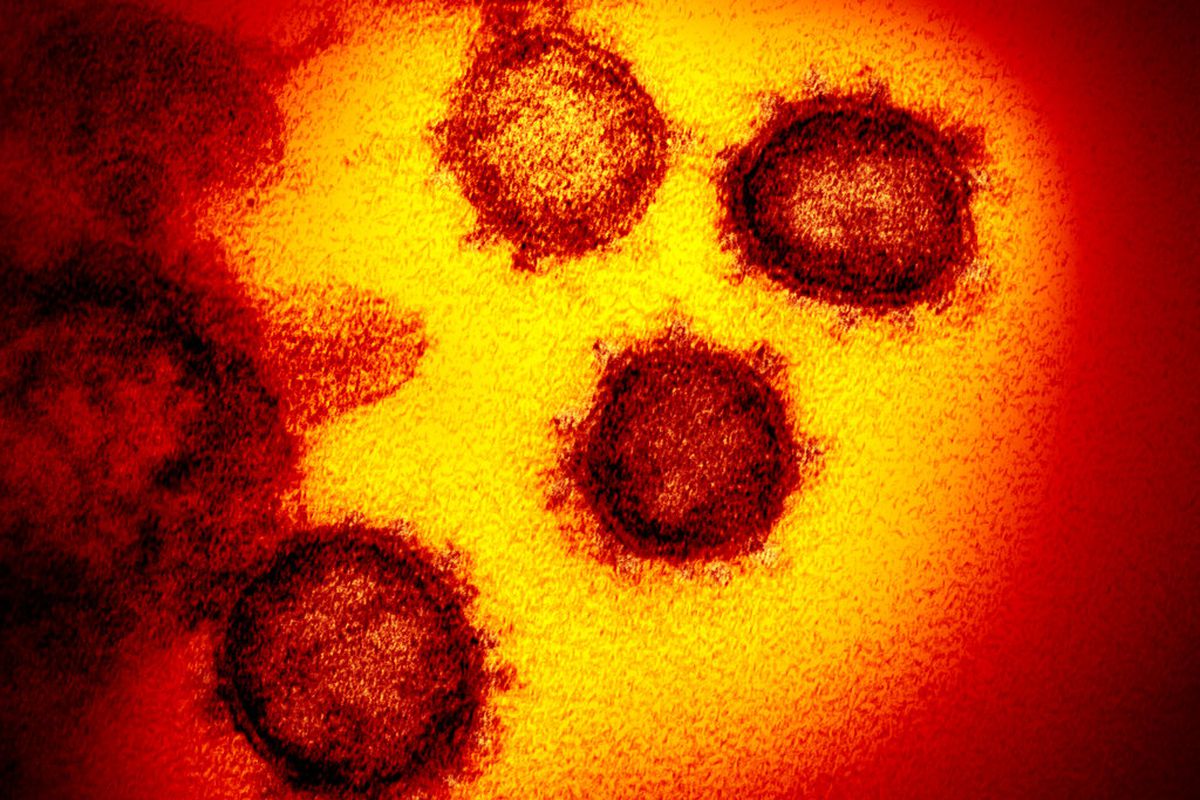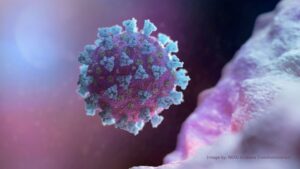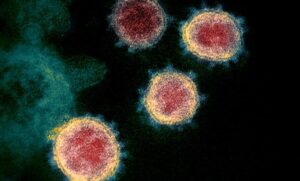/cdn.vox-cdn.com/uploads/chorus_image/image/69809047/AP21182766767992.0.jpg)
The World Health Organization said Wednesday that it is currently monitoring the mu variant, which may have specific mutations that allow it to evade vaccines.
What is the mu variant?
The mu variant — which is also the B.1.621 variant — was added to the WHO’s list of variants “of interest” at the end of August.
Per CNBC, the variant has some genetic mutations that suggest natural immunity, and the COVID-19 vaccines and antibody treatments may not be strong enough to stop the virus, especially compared to the original strain of the coronavirus.
- “The mu strain needs further study to confirm whether it will prove to be more contagious, more deadly or more resistant to current vaccines and treatments,” according to CNBC.
So far, the mu variant has been found in 39 countries. It only makes up 0.1% of COVID-19 cases in the entire world. However, it has been surging in South America and makes up 39% of cases in Colombia alone, according to Axios.
What does ‘mu’ mean?
Mu is the 10th letter of the Greek alphabet. The WHO has designated each variant with a Greek letter name.
- There are 24 letters in the Greek alphabet.
- Nine of them have been designated to COVID-19 variants.
- It’s unclear why the WHO has skipped Greek alphabet letters in its designations.
Concerns of COVID-19 variants
Concern over the mu variant comes days after scientists said they discovered a new coronavirus variant in South Africa that could be more infectious and evade vaccines, too.
- The variant, titled variant C.1.2, is not listed as a variant of interest or concern by the World Health Organization.
However, researchers said the C.1.2 had “mutated substantially” compared to the original version of the coronavirus. The variant had so many mutations that it can likely evade COVID-19 vaccines, too.
- “It is important to highlight this lineage given its concerning constellation of mutations, the researchers said in the study, which came from researchers at South Africa’s National Institute for Communicable Diseases.
- The variant, titled variant C.1.2, is not listed as a variant of interest or concern by the World Health Organization.




